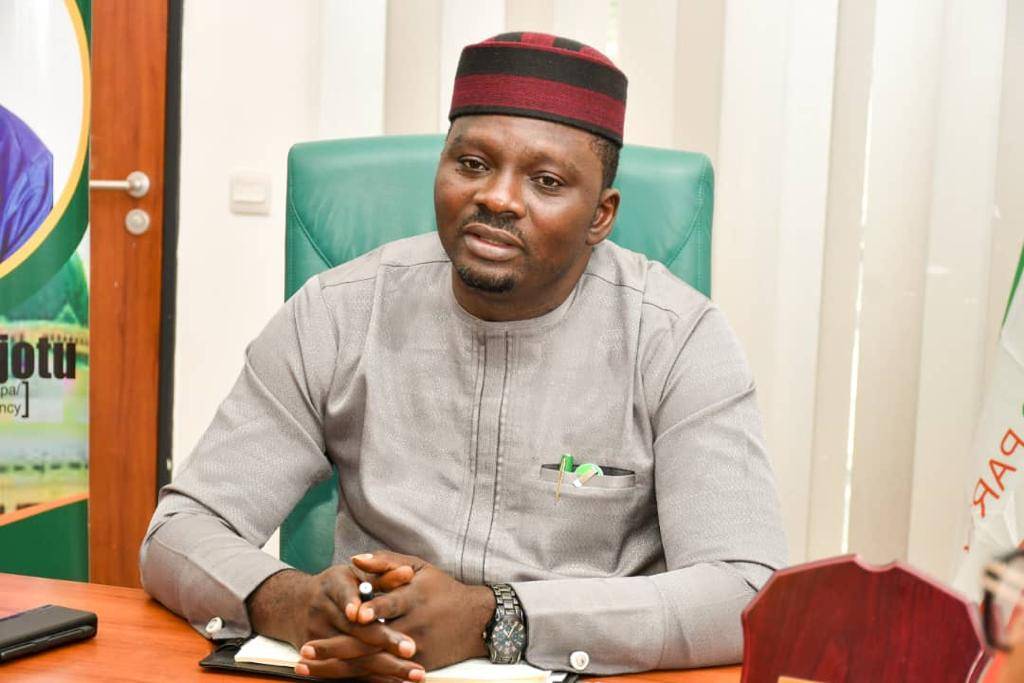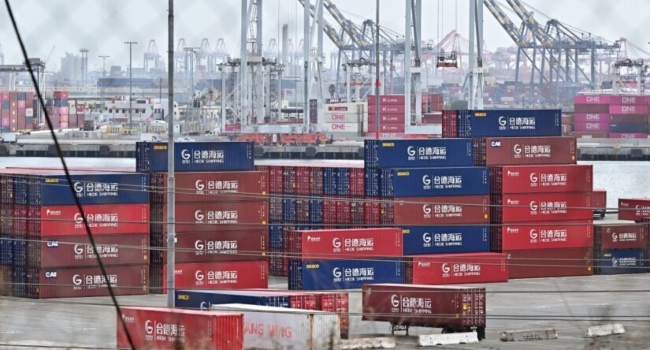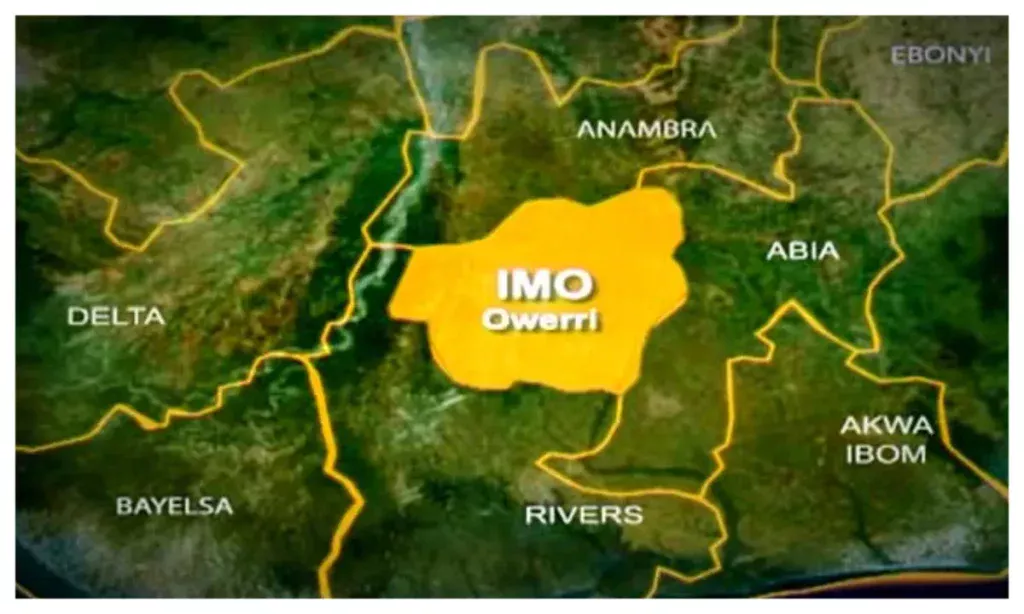Nigeria’s President Bola Tinubu has declared the prolonged stagnation of the Ajaokuta Steel Company a critical threat to national sovereignty, framing the issue as a matter of urgent security and economic survival. Addressing attendees at the inaugural Steel Sector Development Summit in Abuja, Tinubu—represented by Vice President Kashim Shettima—called the steel industry the lifeblood of industrialization, defense, and infrastructure. “Without steel, there is no bridge, no industry, and no modern economy. No nation achieves progress without mastering its production,” he asserted.
The government has prioritized reviving multiple stalled projects, including the Ajaokuta complex, the Aluminium Smelter Company of Nigeria, and the National Iron Ore Mining Company, alongside efforts to modernize Delta Steel. A memorandum of understanding signed with Russia’s Tyazhpromexport (TPE) aims to rehabilitate Ajaokuta and its connected mining operations, with additional proposals from Chinese investors under consideration. A $500 million partnership with NNPC Limited and private firms will establish five mini-liquefied natural gas plants to power the Ajaokuta site.
Plans also include leveraging the plant’s engineering facilities for military equipment production, collaborating with Nigeria’s defense ministry, and creating an industrial park to attract manufacturing investments. Meanwhile, the Aluminium Smelter Company in Ikot-Abasi could see new life through a $465 million proposal, while Premium Steel and Mines committed to resuming operations within 18 months. Stellar Steel’s $400 million investment in a Ewekoro-based plant for hot-rolled steel products further signals sectoral momentum.
Tinubu projected that Nigeria could produce 10 million metric tons of liquid steel annually by 2030, generating 500,000 jobs, but stressed that private investment is essential to meet these goals. Steel Development Minister Shuaibu Audu outlined tax holidays, duty exemptions, and local sourcing incentives to curb the nation’s $4 billion annual steel import bill. Legislators and ministry officials pledged regulatory reforms to position Nigeria as West Africa’s steel hub, underscoring the strategic shift from dependency to self-reliance in a sector deemed foundational to national development.



